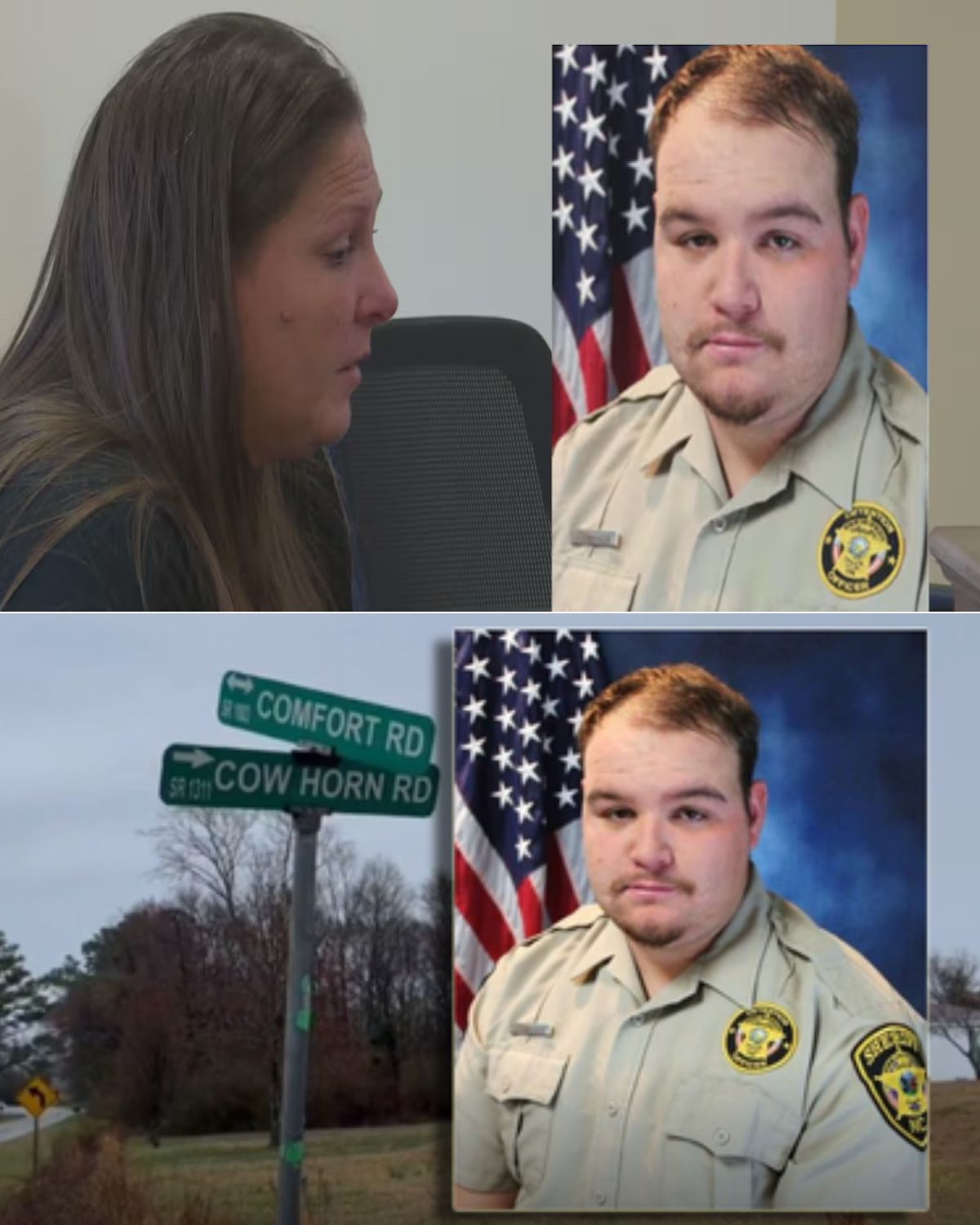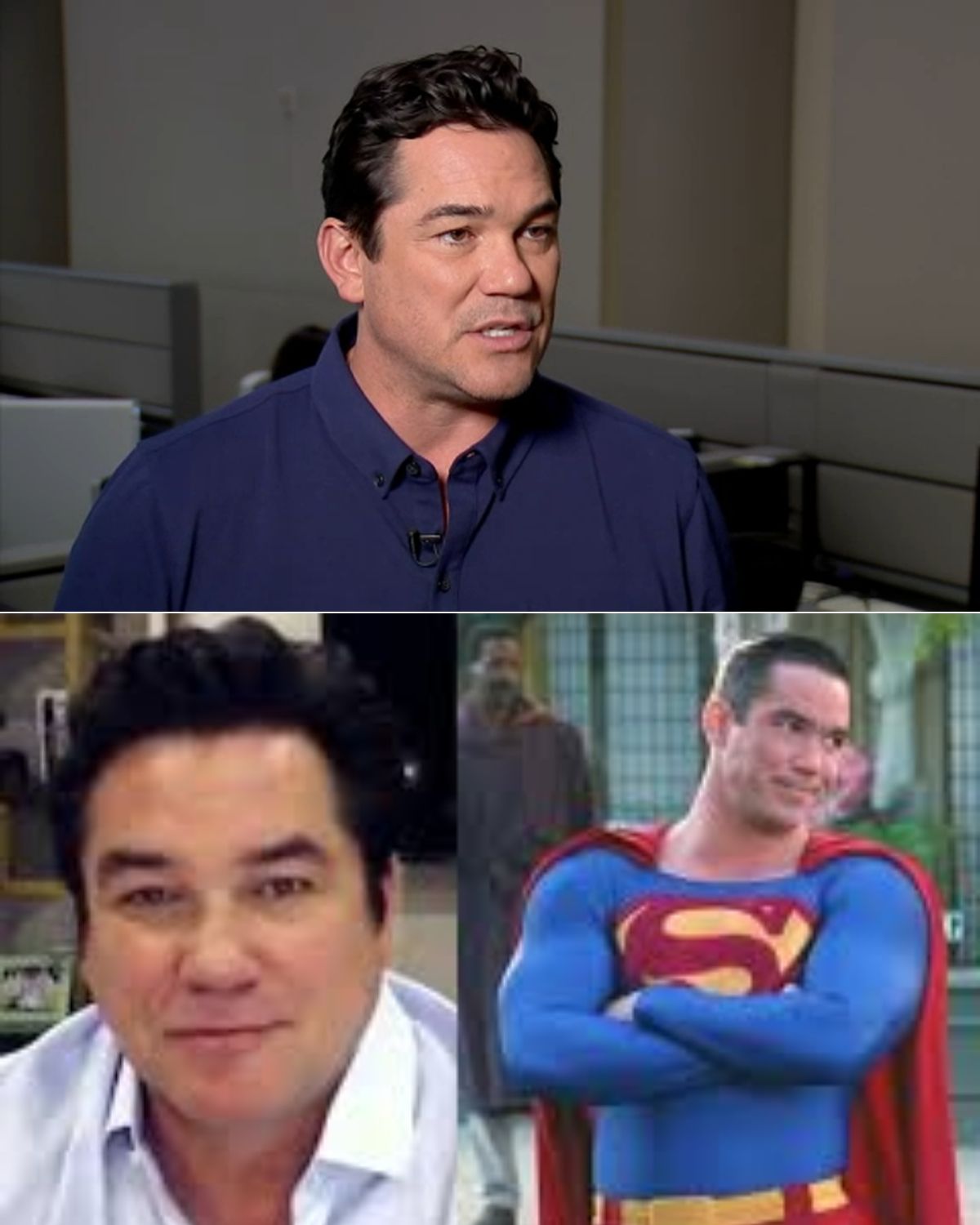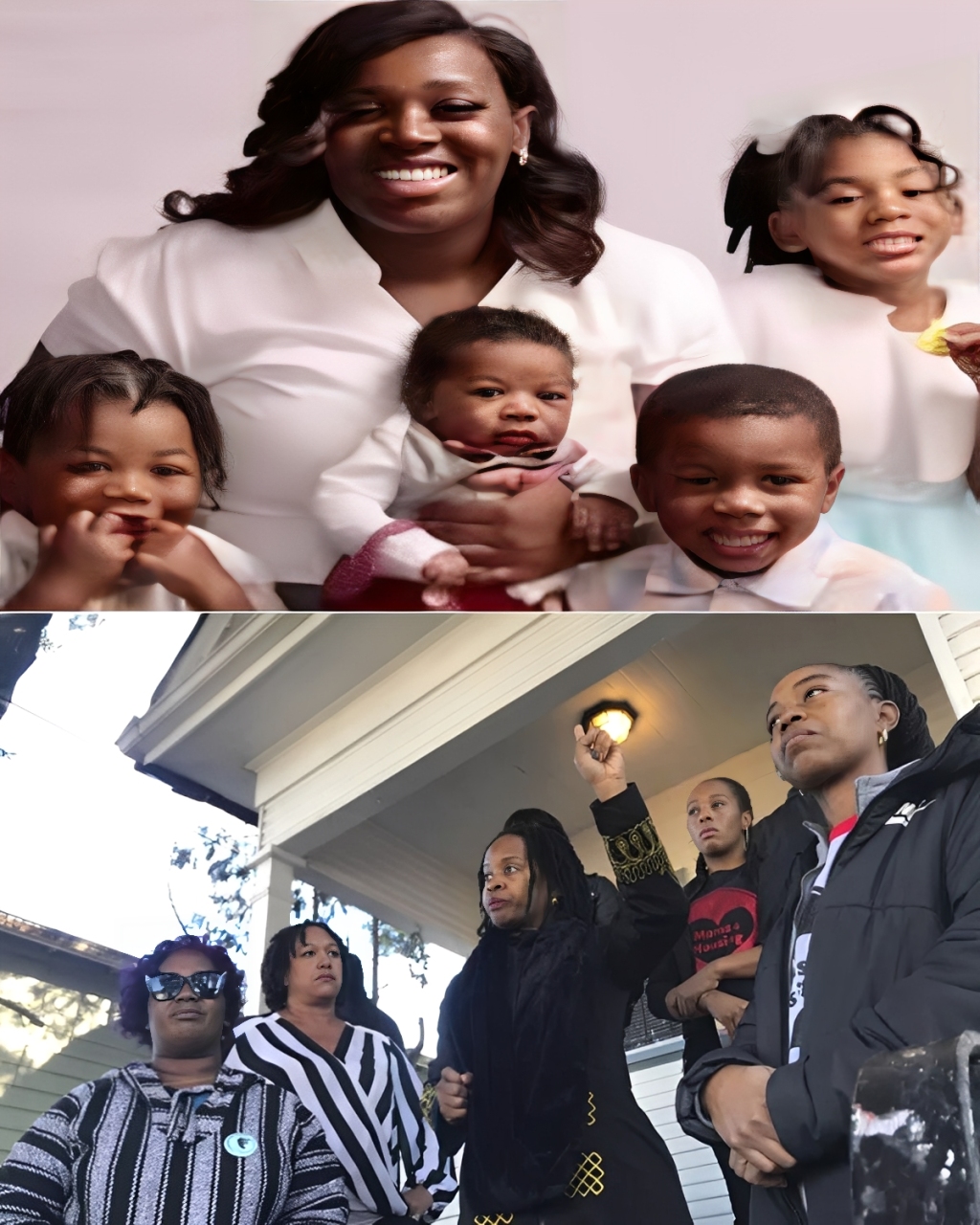Michelle Obama recently revealed that her husband, former President Barack Obama, left her stunned with something he said following her mother’s death.
During Wednesday’s episode of the “IMO” podcast, the former first lady and her brother, Craig Robinson, discussed their journeys grieving the deaths of their parents. Their father, Fraser Robinson, who had multiple sclerosis, died in 1991. Their mother, Marian Robinson, died last year.
The “Becoming” author shared that the former president said the following three words to her about her role in the family after her mother died: “You’re next up.”
He was saying that she would be the one to step up and serve as the next “convener” of her family now that her mother was gone, a prospect that seemed daunting to her, she explained.
“That’s sort of the darn thing about being a grown-up. When you lose your parents, you’re next up,” the former first lady said, adding that she felt fortunate that her brother is the older sibling, and that her husband, 63, is older than she is.
“I’m not ready to be next up,” she said. “So I told [Barack], ‘You’re next up. And Craig is next up.’”
“That’s really when you become an adult, is when your parents are not in that spot of managing and maintaining,” she later continued. “That’s going to happen at some point … we become the parents. We become the convener, we become the glue.”
Michelle Obama photographed with her mother, Marian Robinson, as well as her daughters, Malia and Sasha, on June 29, 2016. via Associated Press
In an Instagram post last June, the former first lady marked what would have been her mother’s 87th 𝐛𝐢𝐫𝐭𝐡day, writing that she had a “tough” couple of months dealing with her death. She said that what she loved most about her mother was that she “always felt like she was enough.”
“I am celebrating the immense power there was in her enoughness,” she wrote at the time. “And I am committing myself to carrying forward her legacy of lifting up others the best I can.”
Laura Buscemi, a licensed professional counselor who specializes in grief and trauma with Thriveworks, told HuffPost that people often feel overwhelmed about taking on the roles of their parents, as Michelle Obama described in her podcast, because they “haven’t had to consider the pressure to rise to such an occasion because the safety net-hierarchy has always been in place.”
“Such responsibility can induce vertigo,” she said.
“We joke about the term, but most of us may have heard ‘I need an adultier adult,’” she added. “Even well into an established adulthood, the task of being the head of the family is daunting when you are used to relying on more adult-like adults.”
Buscemi also pointed out that some people may find themselves becoming the “family leader” even when their parents are still alive.
You may have a parent who is still “present but maybe not able to care for others or themselves,” she explained. “Having to assume the throne and take care of aging patriarchs and matriarchs would overwhelm even the best of us.”
You can prepare emotionally to become the “glue” of your family by having a plan of action.
It’s important to understand that anyone can be put in the position of assuming the role of family leader — regardless of the family dynamics, Buscemi emphasized.
And spending a lot of time wondering “‘Why me?’ will only get [in] the way of what needs to be done,’” she said.
“A family needs a head to act as the glue. Those from so-called ‘broken’ homes know exactly how important that glue can be, and what’s more, how important it is for someone to guide the family through the loss of their family’s keeper,” Buscemi later continued. “So take notes. What does [my] family get from my parents that they will need from me? What can I do to help make that possible? Who can I lean on for help?”
“Let’s not forget your parents had help, too,” she added. “Prepare emotionally with a plan of action. Like a fire drill, it is a lot easier to deal with a crisis if there is a plan in place already.”
And Buscemi recommends that anyone grieving the loss of their parents not “rush the process.”
“Walk away from ‘shoulds,’ such as ‘I should be better by now, I should be handling this better,’” she said. “The process takes the time it takes, and rushing it, ignoring it, or pretending will only elongate the most painful parts of the grieving process.”
“Talk to people, go to grief groups, and journal,” she continued. “Grief is a floodgate of memory, and it can be a lot. Using strategies that allow it out in small doses can be extremely effective.”






